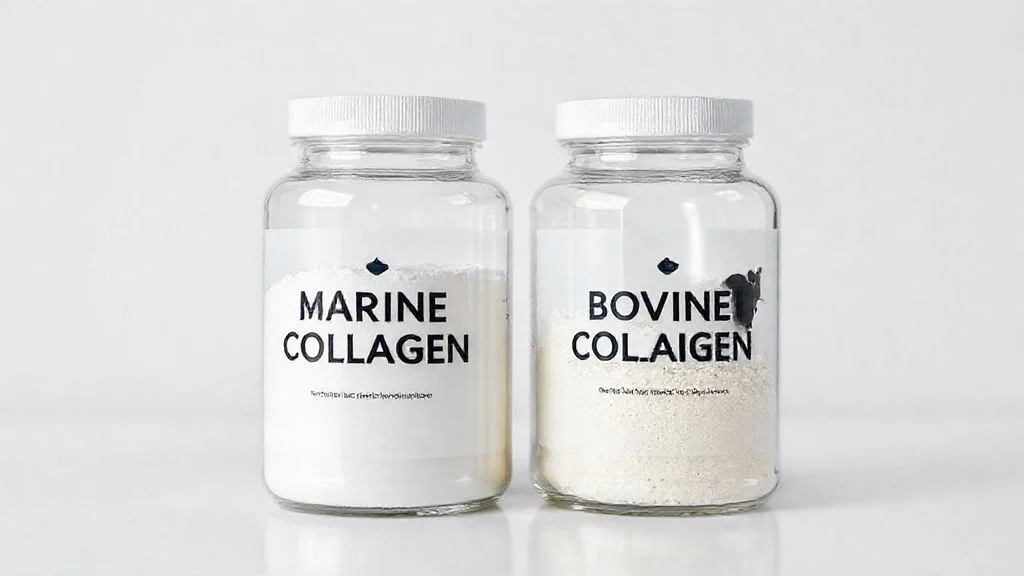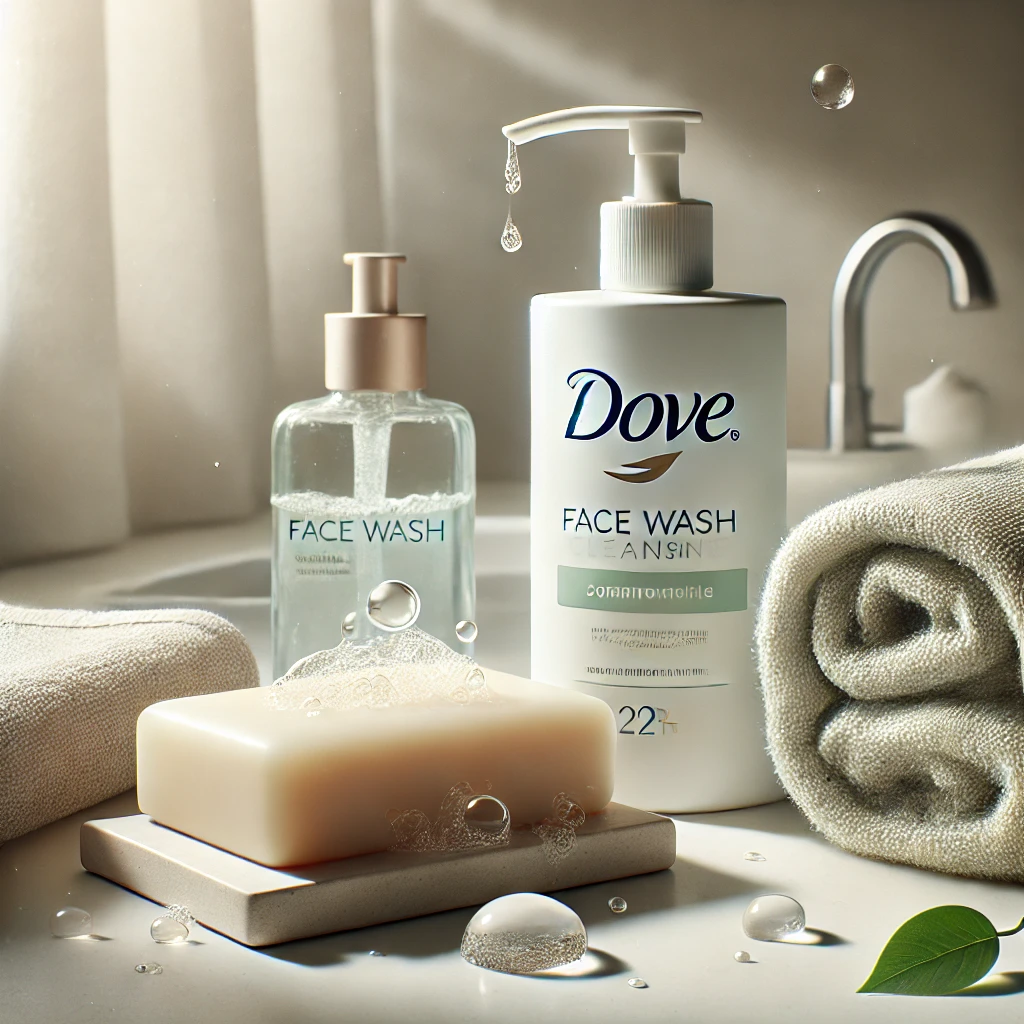Feeling overwhelmed by deadlines, work pressure, or daily responsibilities? You’re not alone. Stress affects over 300 million people worldwide, but here’s the good news: your body has built-in stress-relief mechanisms that cost nothing and work within minutes.
In my years of researching stress management, I’ve discovered that two simple actions—laughing and relaxing—can dramatically lower your stress hormones and improve your mental health. Let me show you exactly how these work and how you can use them starting today.
The Science Behind Laughter and Stress Relief
When I first learned about the biological effects of laughter, I was amazed. Research shows that laughter reduces cortisol levels by approximately 32% compared to non-humorous activities. That’s a significant drop in your body’s primary stress hormone.
But here’s what makes laughter truly remarkable: your brain releases multiple neurochemicals when you laugh, including serotonin, dopamine, oxytocin, and endorphins. These aren’t just “feel-good” chemicals—they actively combat stress by regulating your mood and reducing pain perception.
Studies using intensive longitudinal data found that the frequency of laughter significantly attenuates the link between stressful events and subsequent stress symptoms in daily life. In simpler terms: people who laugh more regularly experience less stress from the same challenging situations.
What Happens in Your Body When You Laugh
I’ve experienced this firsthand during particularly stressful work periods. Laughter increases blood flow by over 50%, similar to the benefits of aerobic exercise, while also triggering a relaxation response that can last up to 45 minutes. Your muscles relax, your heart rate stabilizes, and tension literally melts away.
How Relaxation Techniques Lower Stress Hormones
While laughter shakes stress out, relaxation techniques calm your nervous system from within. Relaxation methods activate your parasympathetic nervous system, lowering heart rate, decreasing blood pressure, and reducing stress hormone levels.
When I’m stressed, I notice my shoulders creeping up toward my ears and my breathing becoming shallow. Research involving over 3,400 adults demonstrated that progressive muscle relaxation effectively reduces stress, anxiety, and depression, especially when practiced consistently.
The Relaxation Response: Your Body’s Natural Stress Buffer
Studies comparing progressive muscle relaxation, deep breathing, and guided imagery found all three techniques produce significant psychological and physiological relaxation states. What surprised me most was learning that even brief sessions work—you don’t need hours of meditation.
5 Practical Methods to Reduce Stress Through Laughter and Relaxation
Based on current research and my own experience, here are the most effective approaches:
1. Practice Deep Breathing for Instant Calm
Box breathing—a four-step technique involving inhaling for four counts, holding for four, exhaling for four, and holding for four—effectively reduces cortisol levels and promotes relaxation.
I use this method before stressful meetings. Within two minutes, my heart rate drops and my mind clears. Try it right now: breathe in slowly for four counts, hold, exhale for four, hold. Repeat three times.
2. Incorporate Progressive Muscle Relaxation
Recent systematic reviews from 2024 show that progressive muscle relaxation significantly reduces blood pressure, anxiety, and stress levels in diverse populations.
Start with your toes: tense them for five seconds, then release completely. Move upward through your calves, thighs, abdomen, shoulders, and face. The contrast between tension and release helps you recognize where you’re holding stress.
3. Find Your Daily Dose of Laughter
Even simulated laughter therapy produces measurable benefits, with studies showing increased brain-derived neurotrophic factor levels after eight weeks of regular practice.
I keep a playlist of comedy clips for tough days. It sounds simple, but laughing for 10-15 minutes can burn approximately 40 calories while simultaneously decreasing cortisol and increasing endorphins. The physical and mental benefits are immediate.
4. Try Guided Imagery for Mental Escape
Guided imagery helps manage stress by distracting from intrusive thoughts and allowing the brain to visualize calming environments, triggering a real relaxation response.
When I’m overwhelmed, I close my eyes and imagine sitting by the ocean—hearing waves, feeling warm sand, smelling salt air. This five-minute mental vacation genuinely reduces my stress level.
5. Build Social Connections That Spark Joy
Laughter evolved as a social signal, and the oxytocin released during shared laughter strengthens social bonds and reduces stress. In my experience, laughing with friends provides stress relief that lasts far beyond the moment.
Schedule regular time with people who make you laugh. Those connections act as powerful buffers against daily stress.
Stress-Reducing Foods to Support Your Relaxation Practice
While relaxation techniques work powerfully on their own, certain foods can enhance your body’s stress response. Foods rich in L-theanine, omega-3 fatty acids, and probiotics have been shown to reduce stress and anxiety levels.
In my daily routine, I include:
- Fatty fish (salmon, mackerel) for omega-3s that reduce cortisol
- Dark leafy greens high in magnesium for better sleep and lower anxiety
- Fermented foods (yogurt, kimchi) that support gut-brain health
- Berries packed with vitamin C to regulate stress hormones
- Dark chocolate (70%+ cacao) containing stress-reducing compounds
Cleveland Clinic research confirms that omega-3 fatty acids benefit cardiovascular health and reduce cortisol levels, directly addressing stress physiology.
Should You Consider Stress-Reducing Supplements?
I’m often asked about supplements for stress management. Research from 2024 indicates that certain supplements, including ashwagandha and magnesium, show promise in lowering stress and anxiety when combined with healthy lifestyle practices.
Before trying supplements, consult your healthcare provider. What I’ve learned is that supplements work best as additions to—not replacements for—relaxation techniques and healthy eating.
When Stress Requires Professional Help
While laughing and relaxing effectively manage everyday stress, chronic or severe stress needs professional attention. If you’re experiencing persistent anxiety, depression, difficulty sleeping, or if stress interferes with daily activities, reach out to a mental health professional.
In my journey, I’ve recognized that asking for help isn’t weakness—it’s wisdom. Therapists can provide additional evidence-based strategies tailored to your specific situation.
Your Action Plan: Start Reducing Stress Today
You don’t need expensive equipment or hours of free time. Start with one small change:
This week, choose one technique:
- Set a daily alarm for 5 minutes of deep breathing
- Watch one funny video during your lunch break
- Try progressive muscle relaxation before bed
- Add one stress-reducing food to your meals
Next week, add a second technique. The key is consistency, not perfection.
Remember: mindfulness-based stress reduction programs show sustained benefits months and even years after completion when participants maintain regular practice. Small daily habits compound into significant stress relief over time.
The Bottom Line
After researching hundreds of studies and testing these methods myself, I’m convinced: laughter and relaxation aren’t just pleasant experiences—they’re powerful biological tools that rewire your stress response. Your body naturally knows how to heal itself when given the right conditions.
The best part? These techniques are free, accessible anytime, and start working within minutes. Whether you’re facing deadline pressure, family stress, or daily overwhelm, you now have science-backed methods to reclaim your calm.
What will you try first? Your body is already equipped for stress relief—you just need to activate it.
Medical Disclaimer: This content is for informational purposes only and should not replace professional medical advice, diagnosis, or treatment. Always consult with a qualified healthcare provider before starting any new stress management program, especially if you have existing health conditions or take medications. Never disregard professional medical advice or delay seeking it because of information you’ve read here.
Last Updated: November 2025
Frequently Asked Questions
How quickly does laughing reduce stress levels?
The stress-reducing effects of laughter are evident after just one single session, with cortisol reduction of approximately 37% measurable immediately following a laughter-inducing activity. You can literally feel the difference within minutes as your muscles relax and your mood lifts.
Can relaxation techniques work as well as medication for stress?
Research supports relaxation techniques as effective non-pharmacological interventions that can complement or, in some cases, serve as alternatives to medication for stress management. However, severe anxiety or depression often requires professional treatment. Relaxation methods work best for everyday stress and as part of a comprehensive wellness approach.
How often should I practice relaxation for maximum benefit?
Studies show that practicing psychomotor relaxation techniques including deep breathing, progressive relaxation, and meditation for 20 minutes twice weekly over eight weeks significantly reduces emotional exhaustion and depression. In my experience, even 5-10 minutes daily produces noticeable benefits.
Does fake laughter provide the same stress relief as genuine laughter?
Yes, surprisingly! Systematic reviews indicate that simulated laughter (non-humorous) may actually be more effective than spontaneous laughter for therapeutic purposes. Your body responds to the physical act of laughing regardless of whether humor triggered it. This is why laughter yoga works.
What’s the best time of day to practice stress-reduction techniques?
The best time is whenever you’re feeling stressed—these techniques work on demand. That said, I’ve found practicing during natural transition times helps: deep breathing first thing in the morning, progressive muscle relaxation before bed, and laughter breaks during midday slumps. Recent 2024 research on digital relaxation tools confirms that regular engagement with breathing exercises and relaxation techniques throughout the day significantly reduces perceived stress levels.







